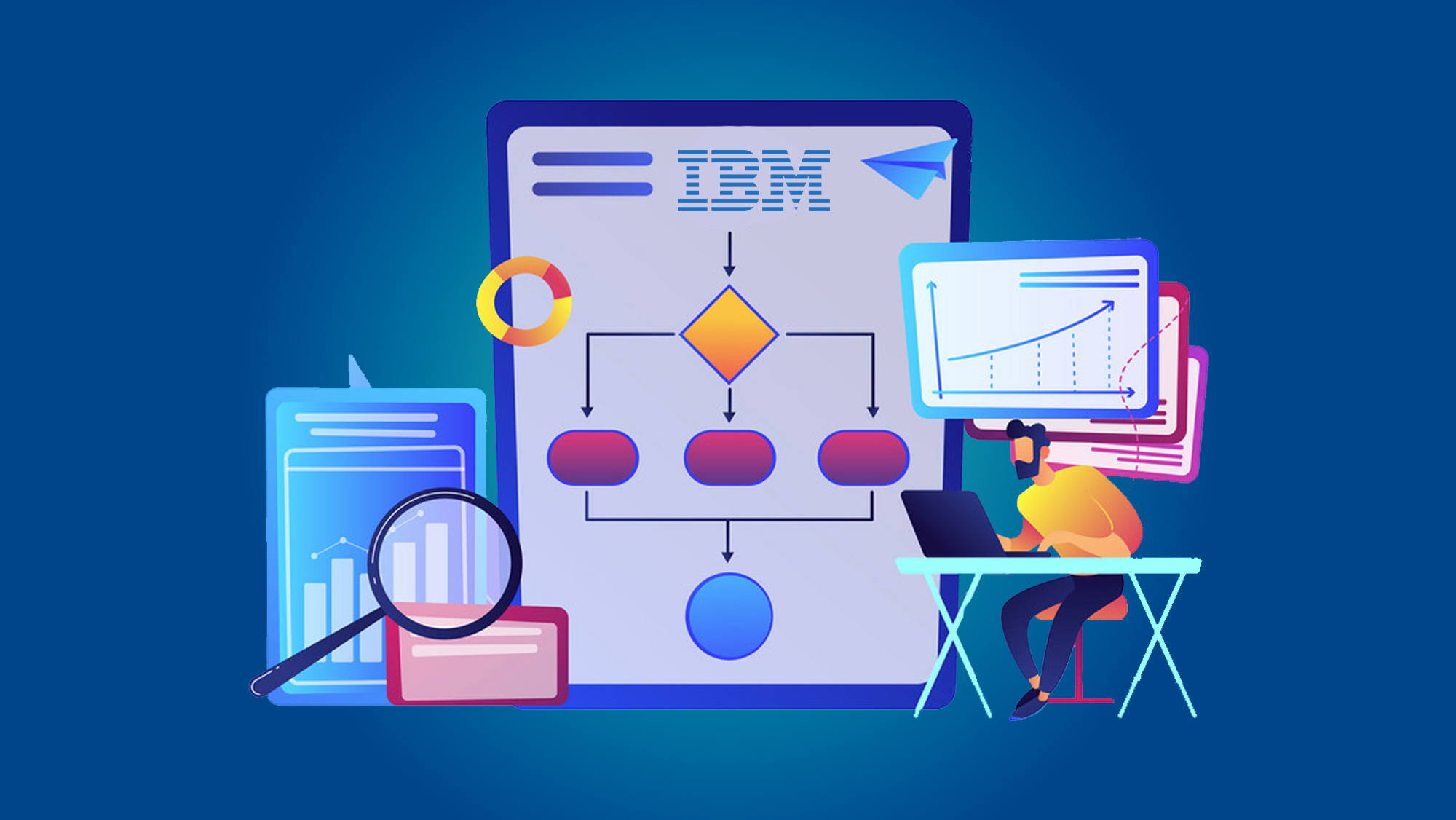Driving Digital Transformation: Harnessing the Capabilities of IBM BPM
Introduction:
In the fast-paced digital landscape, businesses are constantly striving to adapt, innovate, and transform their processes to stay competitive. IBM Business Process Manager (BPM) has emerged as a powerful solution to drive digital transformation, enabling organizations to streamline workflows, enhance collaboration, and improve operational efficiency. In this blog, we will explore the capabilities of IBM BPM and how it can be harnessed to lead successful digital transformations.
Understanding IBM BPM:
IBM BPM is a comprehensive business process management platform that facilitates the design, automation, execution, monitoring, and optimization of business processes. It provides a unified environment for creating, managing, and improving business processes, allowing organizations to align their operations with strategic goals and respond to market demands rapidly.
Key Capabilities of IBM BPM:
1. Process Modeling and Design:
IBM BPM empowers organizations to visually model and design business processes using intuitive graphical interfaces. Process designers can map out workflows, define roles and responsibilities, and establish business rules. This visual representation makes it easier to identify bottlenecks, inefficiencies, and opportunities for improvement.
2. Process Automation:
One of the core strengths of IBM BPM is its ability to automate manual and repetitive tasks within business processes. By automating routine activities, organizations can reduce human errors, accelerate process execution, and ensure consistent outcomes. Automation also allows employees to focus on more value-added tasks.
3. Integration Capabilities:
IBM BPM seamlessly integrates with existing systems, applications, and data sources. This integration capability enables organizations to create end-to-end processes that span different departments and technologies. By connecting disparate systems, IBM BPM facilitates data sharing, eliminates silos, and enhances collaboration.
4. Business Rules Management:
IBM BPM incorporates a business rules engine that allows organizations to define and manage complex business rules. This engine can make decisions within processes based on predefined rules and conditions. This capability ensures consistency in decision-making and helps organizations adhere to regulatory requirements.
5. Real-time Monitoring and Analytics:
IBM BPM provides real-time monitoring and analytics dashboards that offer insights into process performance. Organizations can track key performance indicators (KPIs), identify bottlenecks, and make data-driven decisions to optimize processes continually. This data-driven approach fosters a culture of continuous improvement.
6. Mobile and User Experience:
In the era of mobile computing, IBM BPM supports the creation of responsive user interfaces. This allows users to interact with processes and applications seamlessly across various devices, enhancing user experience and accessibility. Mobile support also facilitates remote collaboration and approvals.
7. Adaptive Case Management:
For processes that involve dynamic and unpredictable scenarios, IBM BPM offers adaptive case management. This approach allows organizations to manage cases that don't follow predefined paths, enabling flexible decision-making and customized handling of complex cases.
Benefits of Harnessing IBM BPM for Digital Transformation:
1. Agility and Flexibility:
IBM BPM enables organizations to adapt quickly to changing business needs. Processes can be modified, automated, and optimized without requiring extensive coding or development efforts. This agility allows businesses to respond to market shifts and seize new opportunities.
2. Efficiency and Productivity:
By automating manual tasks, reducing process bottlenecks, and streamlining workflows, IBM BPM boosts operational efficiency and productivity. Employees can focus on high-value tasks while routine activities are automated, leading to faster and more accurate outcomes.
3. Improved Customer Experience:
Efficient and well-orchestrated processes lead to improved customer experiences. IBM BPM's capabilities enable organizations to provide timely responses, deliver personalized services, and ensure consistency across customer interactions.
4. Compliance and Governance:
With its rules engine and monitoring features, IBM BPM helps organizations adhere to regulatory requirements and internal governance policies. Auditing and reporting capabilities ensure transparency and accountability in process execution.
5. Innovation and Competitive Advantage:
Digital transformation is often synonymous with innovation. By leveraging IBM BPM's capabilities, organizations can experiment with new process models, test innovative approaches, and differentiate themselves in the market.
Conclusion:
In the journey of digital transformation, IBM BPM serves as a versatile and powerful tool that empowers organizations to redesign, automate, and optimize their business processes. By embracing the capabilities of IBM BPM, businesses can achieve agility, efficiency, improved customer experiences, compliance, and a competitive edge. As technology continues to evolve, IBM BPM will play a pivotal role in enabling organizations to navigate the complexities of the digital era and drive transformative change.
You May Also Like
These Related Stories

Everything You Need to Know About Digital Content Creation Training

Exploring the Power of IBM BPM: Process Optimization Unleashed




No Comments Yet
Let us know what you think